Avengers: Endgame is finally here, and, fair warning, there are spoilers ahead.
The culmination of more than a decade of Marvel feature films, Endgame ties a neat bow on the journey of its core team of heroes. The film concludes stories told over 22 films in tear-jerking conclusions, in most cases. However, Endgame also lays the weight its comedic throughline squarely at the feet of one hero in particular: Thor. His plot shoulders filler-film-star-turned-franchise-breakout Chris Hemsworth with one of the film’s few running jokes: a gut.
Five years after the Snapture, the Hulk and Rocket Racoon are sent off to New Asgard to recruit Thor for a last-ditch mission to restore the universe. An exasperated Valkyrie suggests they won’t like what they find—Thor’s been spending most of his time running through every barrel of alcohol that hits city limits—and with the rhythm of a joke building to a raucous punchline, the camera introduces Thor, five years later. Disheveled, unkempt, shirtless, and, in a camera shot framed specifically to suggest this is a shocking reveal, fat.
That it’s Hemsworth saddled with this storyline is a pretty clear indication that it’s supposed to be a joke. Not that Hemsworth isn’t a capable dramatic actor, but it’s his dry delivery, impeccable timing, and physical comedy skills that have helped elevate him to fan-favorite status. The Endgame team seems to think they’re really testing Hemsworth’s comedic limits, settling one of the most conventionally attractive actors on the planet with a fat suit, unkempt beard, and unwashed hair that are immediately contextualized as the goofy carelessness of a homebody gamer who can’t be bothered to put a controller down long enough to get a haircut, rather than the profound depression of a man whose people have been almost completely wiped out.
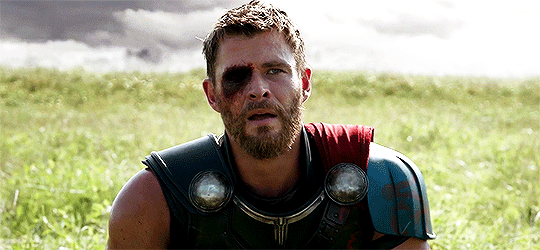
Exploration of trauma isn’t new to the Avengers franchise. Tony Stark’s experience with PTSD in the wake of the initial attack on New York, in addition to the consequences of his struggle to find ways to cope, are at the center of multiple films. Bucky Barnes’ and Natasha’s profound guilt over their past actions are what drive them; Endgame’s Clint Barton is defined by the man he’s become in the face of profound loss.
For each of these characters, their trauma makes them implicitly better, more productive people. Tony’s obsessive work ethic is posited as unhealthy, but most importantly, misdirected—he has to find the right way to deal. Natasha and Bucky strive to be better people. Endgame posits that Clint does bad things for good reasons; somehow, his decision to murder nameless Japanese men as a way to deal with his grief warrants less critique than Thor gaining a few pounds. They’re all just so strong, and doing their best, and then there’s Thor.
Where Tony, Bucky, Natasha, and Clint get to be troubled but resilient, Thor is depicted as weak and selfish. Thor’s weight gain is deliberately framed to inform the audience that Thor has really “let himself go,” more than his limp, unwashed hair and his overgrown beard. The camera focuses on his face to let you know it’s time to take him seriously, then pans out to a wide shot of his baggy sweatsuit and long robe to let you know it’s time to goof again.
It’s his body that supposedly tells us Thor has given up. His body lets you know he’s too lazy to be useful now, a shorthand indicator that he’s really lost control of his life. He also gets slapped in the midst of a panic attack; he’s told he should just get over what happened to him, since bad things happened to a lot of people. His fat body is regarded with pity and disdain, by his friends and even his own family.
Thor’s own mother, Frigga, regards his fat body with surprise and disgust. After a heartfelt conversation between mother and son, ten years after her death, Frigga’s parting words to the child she’ll never see again are, “eat a salad.” It’s played for laughs, undercutting the only thoughtful exploration of Thor’s grief in the entire movie. He’s fat, so he deserves it, right? But it’s a cruel and thoughtless jab lobbied at fat people over and over again, by family, friends, and strangers, and props up the notion that it’s just someone’s unwillingness to really take care of themselves the right way that prevents them from having the ripped, physical-trainer-and-nutritionist-enabled frame of Hemsworth out of his fat suit.
To the film’s credit, sort of, the movie doesn’t end with a miraculous physical transformation—Thor’s hair and beard are tidied up when he finally dons the classic armor, though there is no weight-loss montage. Still, thanks to the dim lighting and careful framing in the final battle, you can’t really tell that he’s fat anymore, presumably because really knowing it’s a fat body performing Thor’s feats of strength is too unbelievable for the Avengers. But he passes on the hammer, willingly, letting someone whose abs are still visible in their suit to wield Mjolnir—not because Mjolnir finds him unworthy, but maybe because he’s just too fat to really do a good job with it anymore.
Avengers: Endgame is a full-blown monkey’s paw moment for any kind of improved body politics in a superhero movie. Finally, there’s a fat superhero on-screen, and the movie takes great pains to point that out, lingering on his round belly and ill-fitting clothes. It then goes out of its way to make sure you know what a joke it is: from Rocket’s full-blown name-calling, to “eat a salad,” to the thinly-veiled pity of the other Avengers, Endgame’s treatment of fatness is intentional and deliberate.
If you’re not strong enough, this movie says, your trauma makes you fat, a punishment for your inability to just suck it up and move on like “normal” people do, physical proof of your mental weakness. It lays this out clearly and invites audiences to laugh, casting a miserable pall over a cinematic experience 11 years in the making.



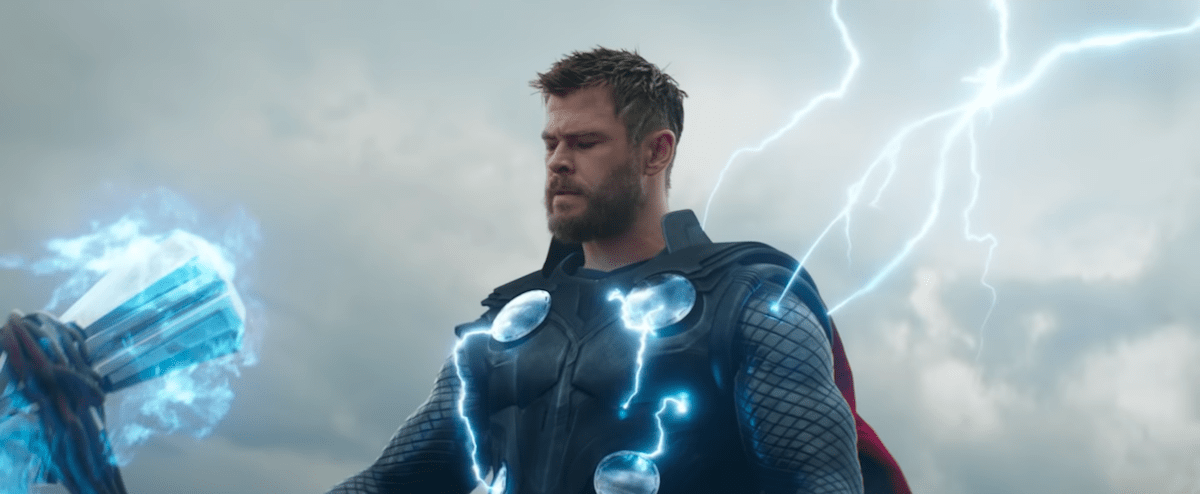
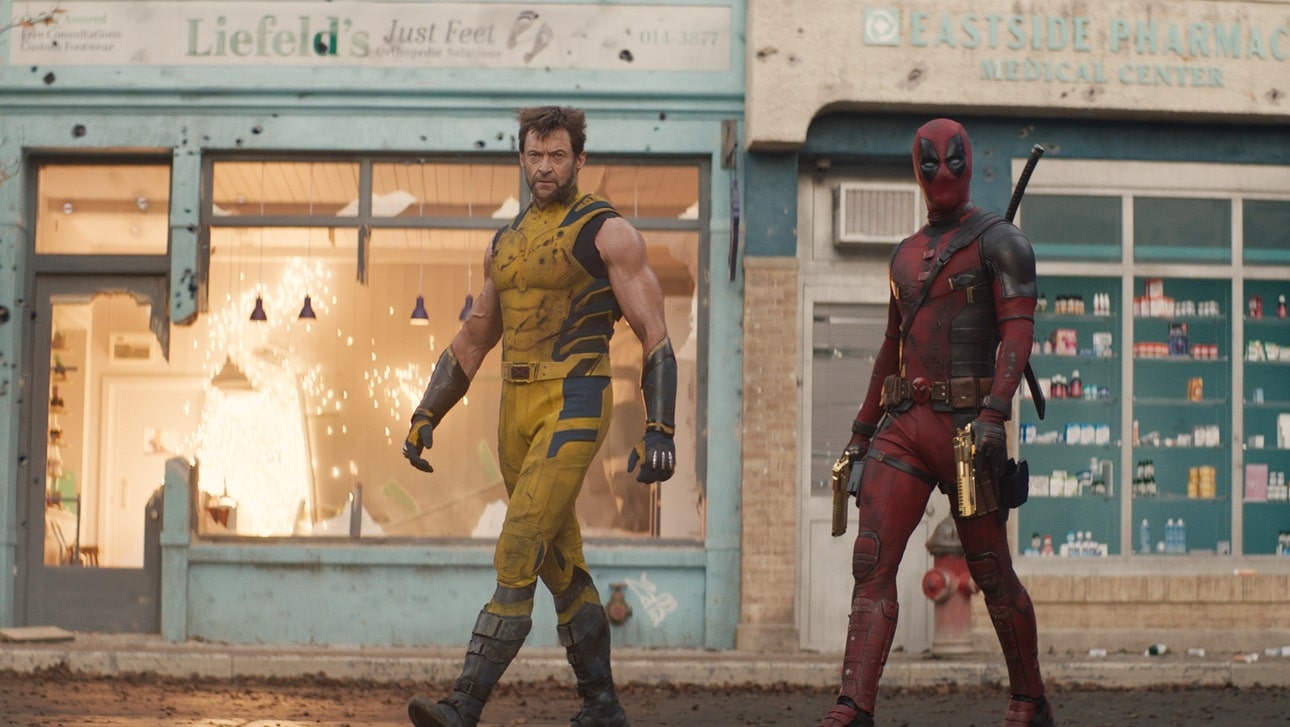
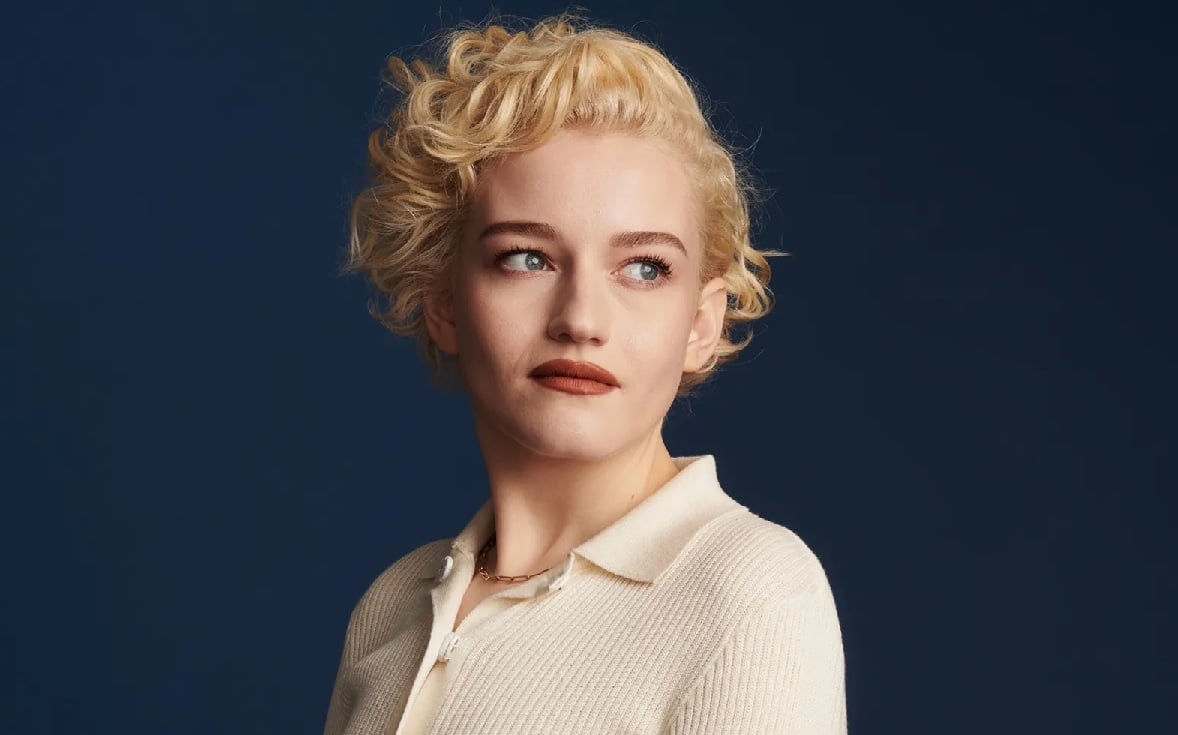
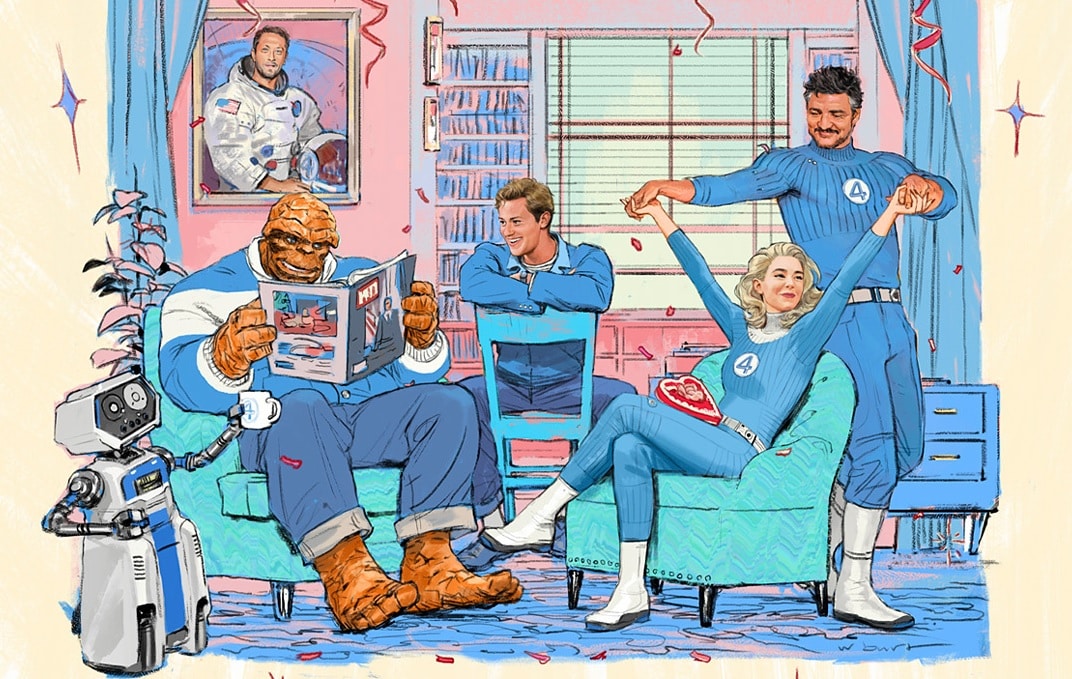
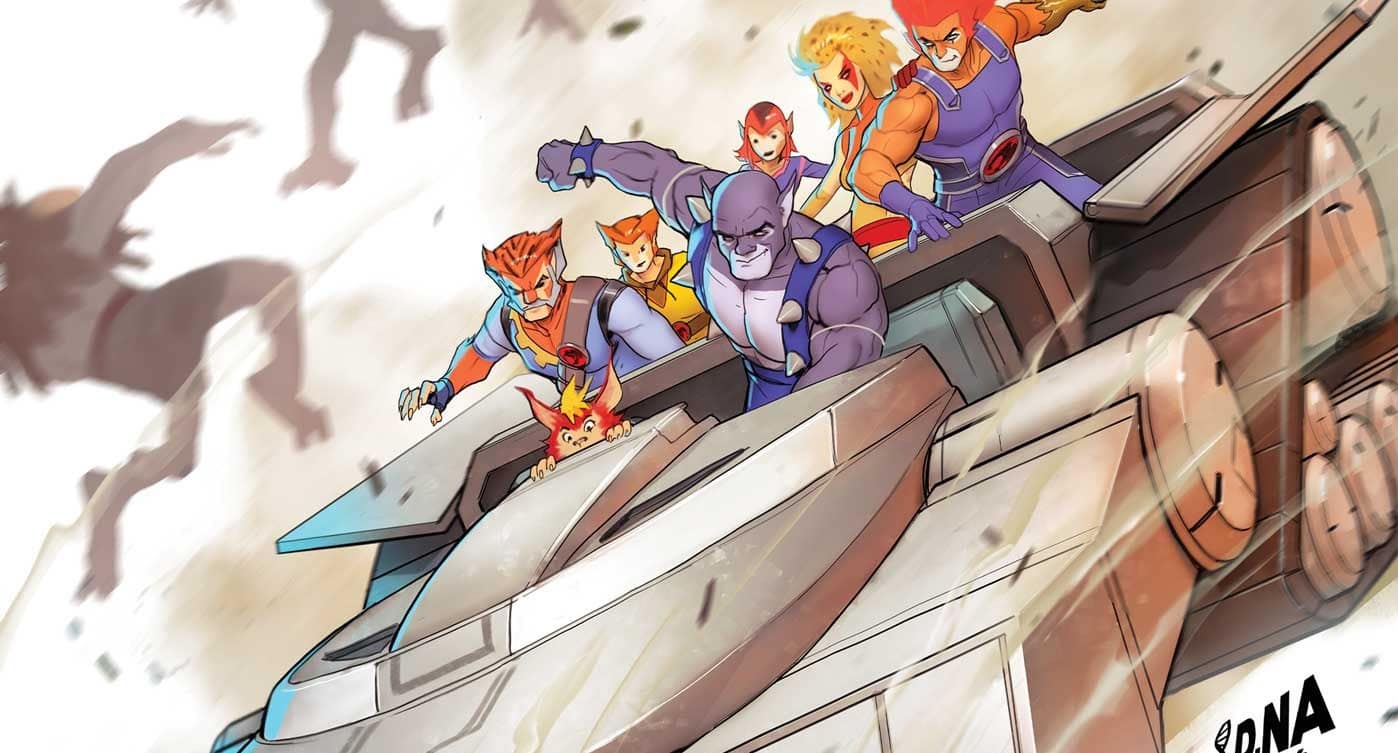
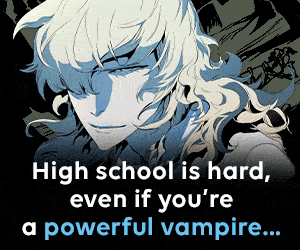

Comments are closed.